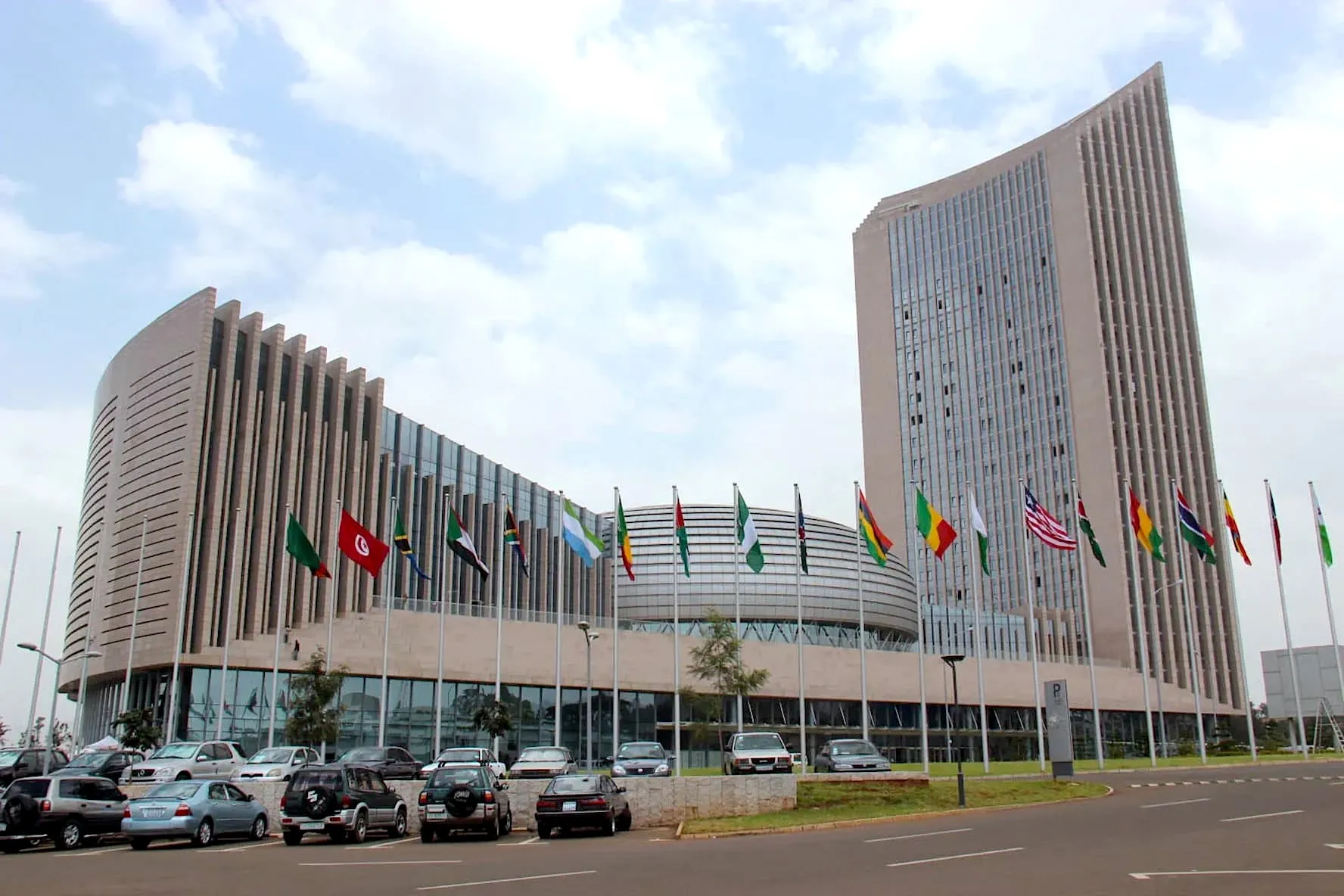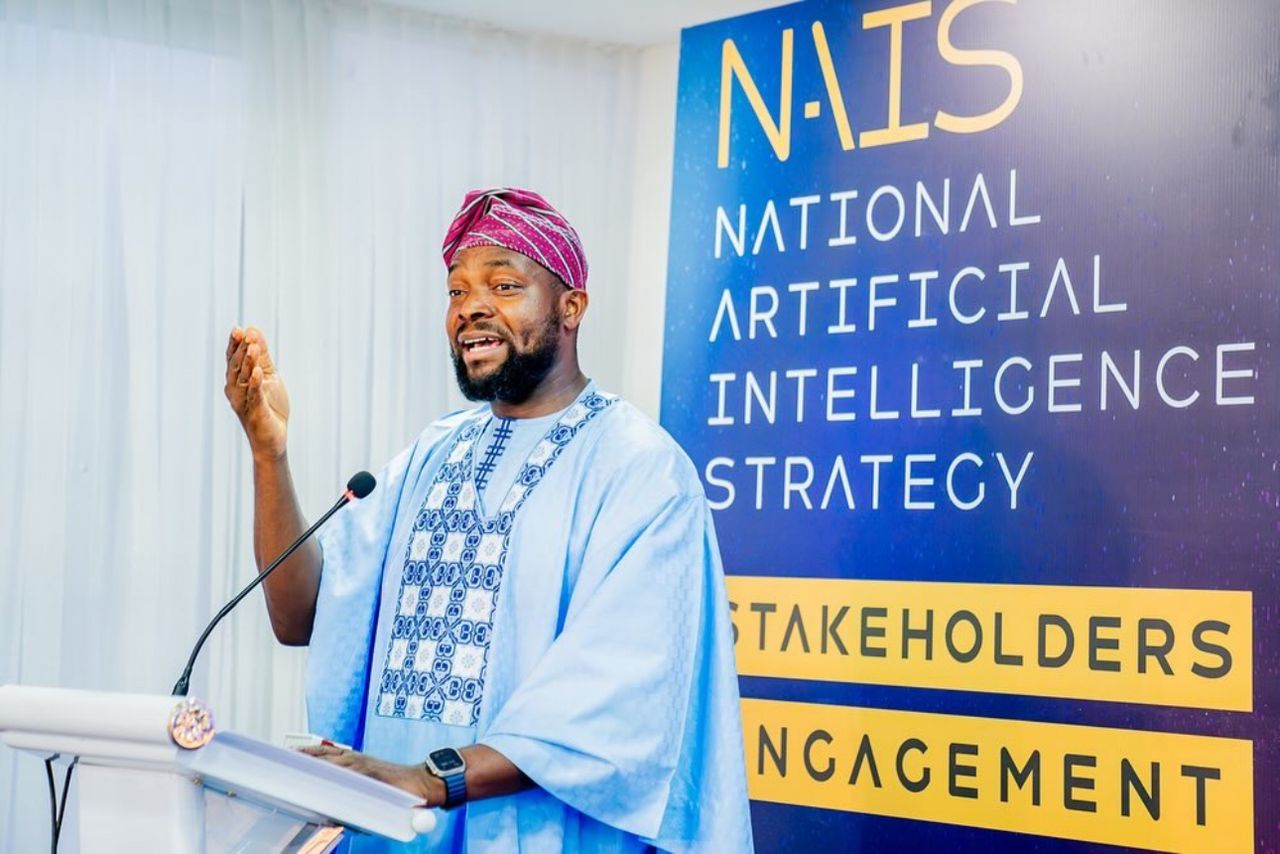Botswana is firmly charting a digital path aligned with its Vision 2036, and at the heart of that is SmartBots—a comprehensive national strategy launched in 2020 to drive innovation, e‑governance, and AI adoption across public and private sectors. In recent months, the government has stepped up funding, international collaboration, and sector-specific AI initiatives to bring these ambitions to life.
SmartBots Lab & Digital Ecosystem Growth
- In November 2023, Botswana launched the SmartBots Lab, a Centre of Excellence housed within the Botswana Digital Innovation Hub, co-created with UNECA support. The lab is designed to incubate digital entrepreneurs, foster frontier technologies (including AI), and support innovation aligned with the Sustainable Development Goals.
- SmartBots has since connected over 1,138 public facilities across 144 villages, reaching around 1.6 million citizens (~70% of the population). Free Wi‑Fi access at ~609 schools and other public spaces now supports e-learning and community access to digital services — weekly use exceeding 470,000 users.
In February 2025, the government allocated P1.47 billion (~USD 117 million) in the 2025/26 national budget to accelerate SmartBots. Key programs include connecting over 500 schools and 1,000 public facilities, expanding research and education networks, building digital literacy, and enabling satellite-based broadband for remote areas.
The same budget inaugurated a five-year partnership with MIT, focused on building innovation-driven enterprises alongside institutions like BIUST and the Botswana Digital & Innovation Hub.
In May 2025, Botswana formally launched the EU‑backed digital transformation programme, supported by Team Europe members (France, Estonia, Finland), aiming to build digital governance frameworks, youth and women’s entrepreneurship, and inclusive public services.
At WEF 2025, President Duma Boko unveiled plans to integrate AI-powered smart agriculture tools to boost farming productivity, reduce waste, and expand food security, while generating jobs—especially for women and youth. A recent government agreement enables outsourcing skilled work remotely—BOTs nationals can now provide digital services globally from within the country. This is expected to ease youth unemployment and expand Botswana’s integration into global digital labor markets options.
Local communities and forums underline the importance of youth inclusion and digital empowerment:
“The cloud has lowered barriers… Making the internet accessible also increases the number of connected Batswana … creating a market for online services.”
“We want the youth of Botswana to benefit from their content, make money … from these platforms.” —Minister Jacob Kelebeng (on content monetization)
These perspectives reflect the broader aim of SmartBots: inclusive digital growth that empowers youth, rural communities, and creative professionals.
Botswana’s current strategy is not AI in isolation—but rather a tech-driven, inclusive development push, positioning AI as a cross-sector enabler:
Infrastructure: Building connectivity and labs that lay the groundwork for digital services and AI experimentation.
Skills & Innovation: Financing startups and incubators via SmartBots Lab, MIT partnership, and SME engagement.
Sectoral Use: From agriculture to digital content creation, the government is seeding AI in industry-specific applications.
Governance & Equity: Efforts extend beyond infrastructure to include regulatory frameworks, data ethics, and equitable access to digital services.
Summary Table
| Priority Area | Key Initiative/Target |
| Infrastructure | Village & schools connectivity; fibre backbone; satellite broadband |
| Innovation Ecosystem | SmartBots Lab; MIT partnership; Innovation Hub programs |
| AI in Sectors | Agri‑tech deployment; remote digital services (content, outsourcing) |
| Capacity Building | Digital literacy education; R&E network; youth & women empowerment |
| Partnerships & Support | UNECA‑backed SmartBots Lab; EU/Team Europe; MIT collaboration |
Botswana’s SmartBots strategy demonstrates that its AI ambitions are woven into broader fiscal planning, regional partnerships, and inclusive policymaking. Forward momentum continues through infrastructure investment, ecosystem development, and sector-focused applications. The outcome is a digitally-driven roadmap that aims to diversify Botswana’s economy into the Fourth Industrial Revolution era.




